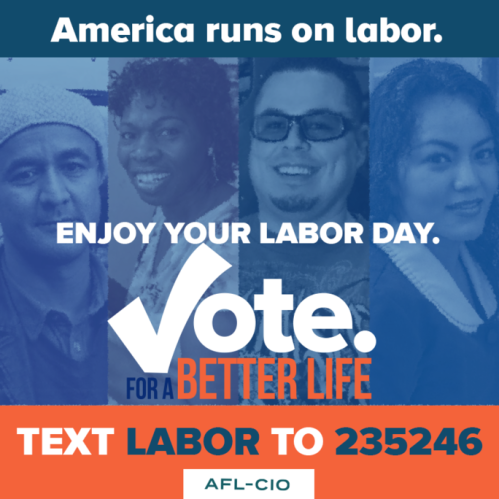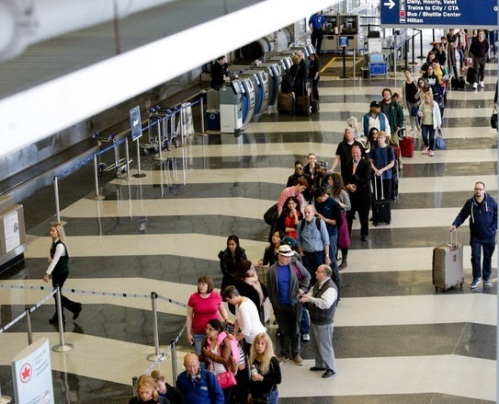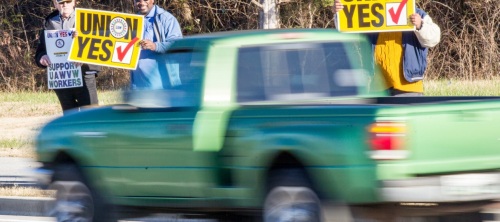
Yesterday Politico reported that there a leagues of Republicans as well as many Democrats dropping support for the TransPacific Partnership Trade deal. This follows the 23 states that Bernie Sanders won in the primary battle, where he railed against trade deals written by and for only corporations. The TPP was especially bad, because it contains a sovereignty-killing provision that overrides governments for the benefit of corporate profit, along with all of the job-killing, wage suppression, economy upheaval measures of all past trade deals. While there is little to praise about Donald Trump, he is right about trade and he tapped an angry rust belt sentiment that both parties have until now ignored: “free trade devastates our jobs and leaves us high and dry.”
So it’s exciting to see at last politicians of both parties leaping off the “free trade” band wagon. They seem to realize only now that Trump has mashed his way to a tightening race, and could actually win that there are millions who have been hurt badly by free trade, and that maybe the TPP goes too far. Sen. Pat Toomey, who came to the senate 12 years ago as a pro-free trader, having served as president of the Club for Growth, a powerful free-trade advocacy group and has supported every trade deal that came before the senate since then, has recently backed away and encourages President Obama to back away from the TPP.
Sen. Tim Kaine backed off the TPP as soon as he joined the ticket this summer, having voted, like his fellow Virginia senator and most democrats, for “Fast Track,” which restricts discussion or debate on the TPP, the Senate can say only “yea” or “nay.” A call to Virginia Senator Mark Warner did not result in a clarification of his position. He has in the past refused to reveal his positions until he votes on an issue, but looking at his trade record, he has been as solid on free trade as Sen. Toomey has until now.
The vote on TPP may never come before the end of President Obama’s term. For one, anything Obama supports, the Republican majority opposes, and now with the rise of populist anger with all things trade, combined with the extremely limited days left to vote on anything, chances of a vote on this deal are unlikely. At most, the Senate will be in session just 23 days through the end of December, and they have to fund the federal government first, by Sept. 30th, which in the Senate calendar is only 4 days in session, before they break until Nov. 14. If this congress doesn’t vote on it, neither Hillary nor Trump support the deal, and would send it back for renegotiation, hopefully with labor and consumer representatives among the corporations. Under Obama, only corporations were allowed a seat at the table, with the unsurprising result that now is forcing would-be supporters to back track and drop support.
Hallelujah!





 that there is widespread food insecurity or hunger in the United States. It recommends that the federal government increase funding for SNAP (food stamps).
that there is widespread food insecurity or hunger in the United States. It recommends that the federal government increase funding for SNAP (food stamps). Thanks to this article from
Thanks to this article from